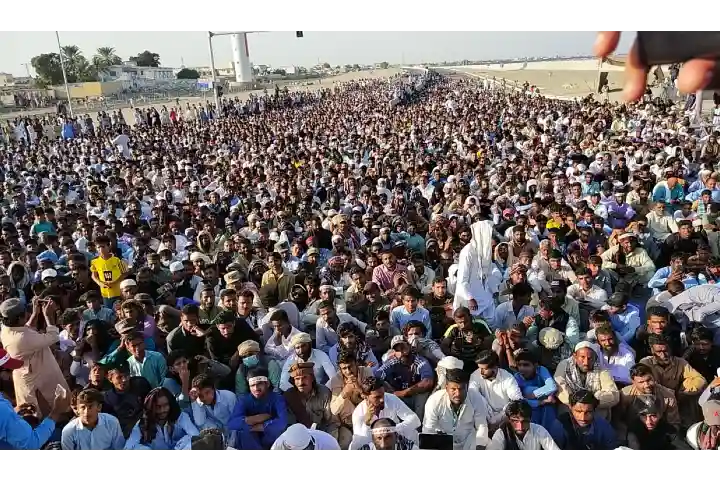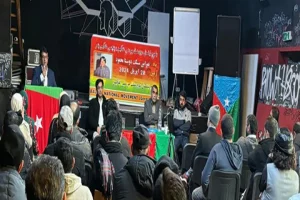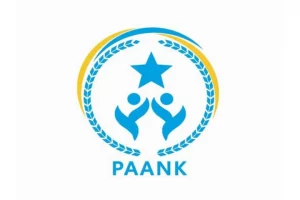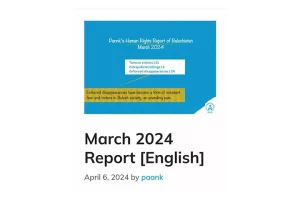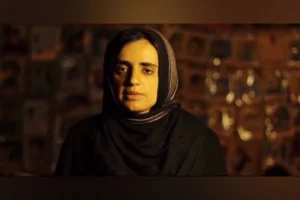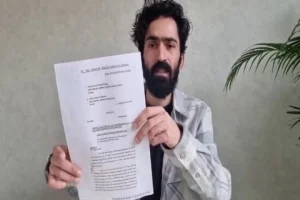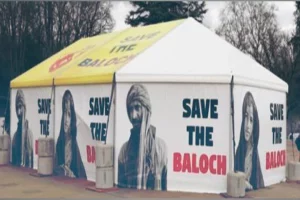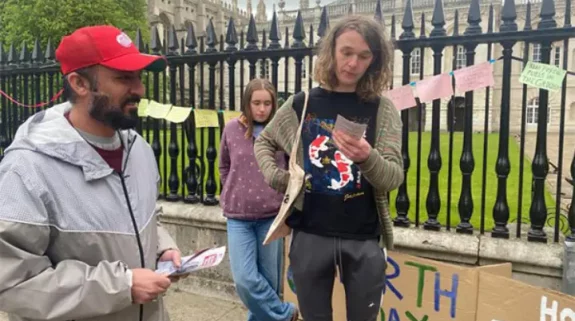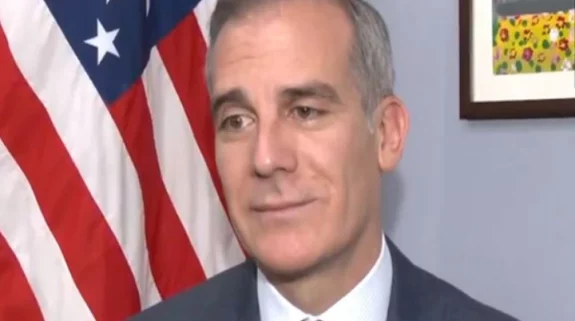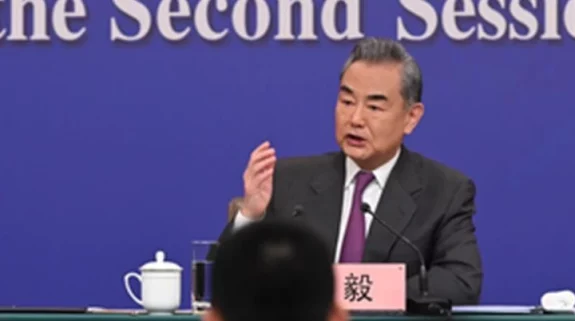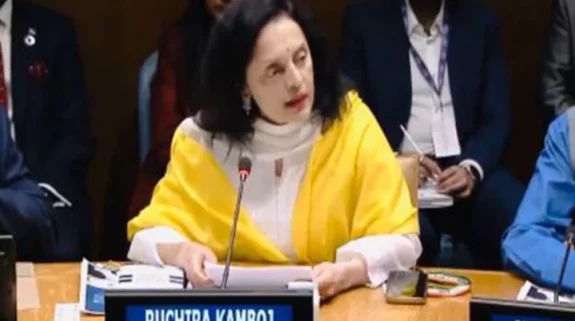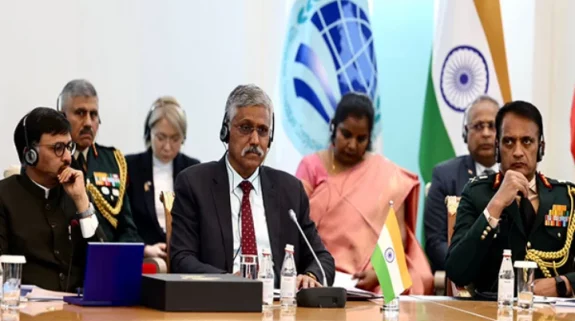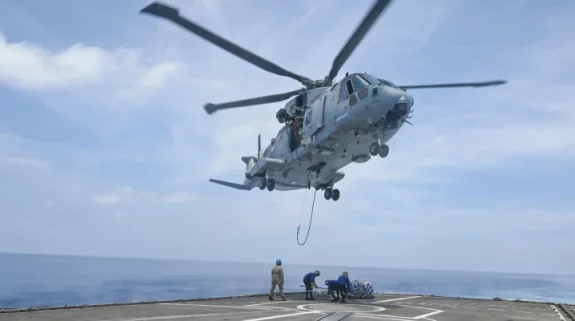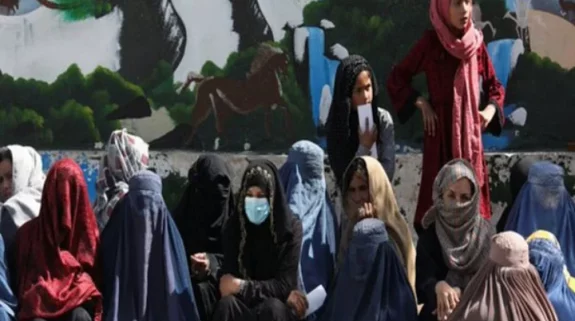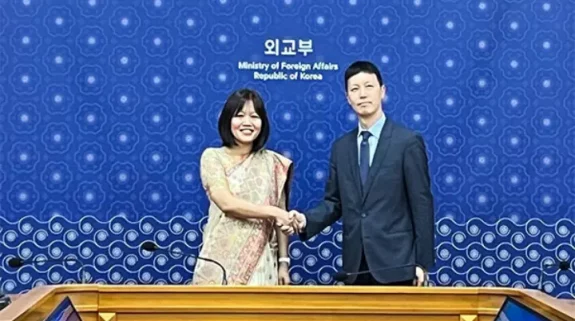Tens of thousands of protestors have blocked roads leading to the Gwadar port being built by China in Pakistan’s south-western province of Balochistan. The blockade started after the government breached a deadline of November 20 over stopping illegal fishing by Chinese trawlers in the Arabian Sea.
The protests are being led by Maulana Hidayatur Rehman of the famous Haq Do Tehreek, also known as Give Rights to Gwadar protests. The demonstrations are taking place not just in Gwadar but also in Pishkan, Zamran, Turbat, Pasni, Buleda, and Ormara areas of Gwadar.
The protestors have been staging a sit-in at the strategic Gwadar port city for 27 days asking for a stop to illegal fishing by Chinese trawlers, releasing missing persons, allowing border trade with Iran and an end to the narcotics trade that has impacted Baloch youth.
These were demands asked exactly one year back also.
In #Gwadar, a city of merely 90,762, this is huge protest by locals for their rights.
Haq Do Tehreek (HDT), led by @MHidayatRehman, has been demanding rights in a 🇵🇰 port city that is centric to multi-billion dollar China Pakistan Economic Corridor (CPEC) (Vid courtesy) pic.twitter.com/M6PPnwzDrD
— Naimat Khan (@NKMalazai) November 20, 2022
Geo-political strategist Mark Kinra told India Narrative that the same demands had been raised by the Haq Do Tehreek last year also. “An agreement was reached with the Balochistan Govt which ended the protests but even after a year, the Balochistan government has failed to deliver. This also shows how corrupt the politics has become in Pakistan and Balochistan”.
Most of the demands by the Baloch protestors relate to livelihoods and earnings. Balochistan is the largest province in Pakistan with a sparse population but is poverty-ridden with a raging nationalist conflict. The Baloch people see Pakistan and its all-weather ally China as colonial and exploitative, sucking out Baloch minerals and resources.
Kinra says: “The Maulana’s decision and immense power to block access to the Gwadar port will surely damage ties between China and Pakistan. It may also make him rise in the eye of the Chinese government who may wish to discuss further arrangements with him directly, giving a flip to his stature in Balochistan politics”.
There have been sporadic reports of China directly interacting with influential people in Balochistan in a bid to stem the resentment among the Baloch and to ensure the success of the China Pakistan Economic Corridor (CPEC). Beijing also seeks to project itself as a benefactor of the Baloch through its development projects.
The construction of the multiple use port by China has blocked the access of the Baloch people to the Arabian Sea. The Baloch community still largely consists of small fishermen and the Gwadar port, which is of vital importance to China, has dealt them a negative blow regarding livelihoods.
Similarly, the Pakistan-Iran border which lies closed after the violence in Zahedan, Baluchistan-Sistan province, has caused immense hardship to the Baloch community which has strong ties and trading links across the border with Iran’s Baloch people.
Regarding the protestors’ demand of releasing “disappeared people”, the issue is a politically hot potato for Pakistani and Baloch politicians as it means taking on the powerful Pakistani army and spy agencies.
Here, Kinra says: “The Maulana is playing politics as he has even endorsed the nationalist ideology of Dr. Allah Nazar Baloch, head of the Balochistan Liberation Front (BLF) which is fighting for an independent Balochistan. He has again raked up the recovery of missing persons which was originally left out of agreement”, adding that this is a demand being taken up vociferously by the Baloch community.
Also read: After one year, Gwadar protests erupt again over Chinese trawlers






